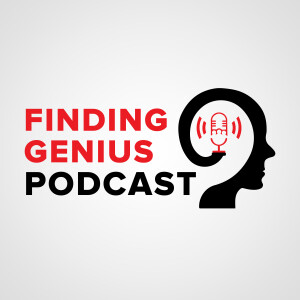
High-Speed Evolutionary Mechanisms in Cancer Cells—Why Isn’t Anyone Talking About Them?
 2021-08-05
2021-08-05
Why are stage 4 cancer patients not much better off today than in 1930, despite the U.S. government spending $250 billion on cancer research?
Why are we losing the antibiotics race against bacteria, with superbugs evolving in a matter of minutes?
According to Perry Marshall, author of Evolution 2.0: Breaking the Deadlock Between Darwin and Design, “These problems stem from an inadequate understanding of evolution itself…A prime reason cancer treatments fail is that the tumor cells evolve at tremendous speed by some kind of self-governing process.”
Even in the most popular, best-selling books on evolution, critical mechanisms of high-speed evolution are hardly discussed or skipped altogether. These include symbiogenesis, transposition, epigenetics, horizontal gene transfer, reverse transcription, and endosymbiogenesis.
These mechanisms go far beyond neo-Darwinism, and should compel us to examine what needs to change about the way we think about cancer. Could this be the key to moving cancer research forward…toward better treatments or a cure? The argument for "Yes" is strong.
Also, take a look at this accompanying infographic, showing omissions of the most popular evolution books: https://mma.prnewswire.com/media/1583603/Natural_Code_popular_evolution_books.pdf
Tune in for all the details.
More Episodes
Create your
podcast in
minutes
- Full-featured podcast site
- Unlimited storage and bandwidth
- Comprehensive podcast stats
- Distribute to Apple Podcasts, Spotify, and more
- Make money with your podcast
It is Free
- Privacy Policy
- Cookie Policy
- Terms of Use
- Consent Preferences
- Copyright © 2015-2024 Podbean.com






